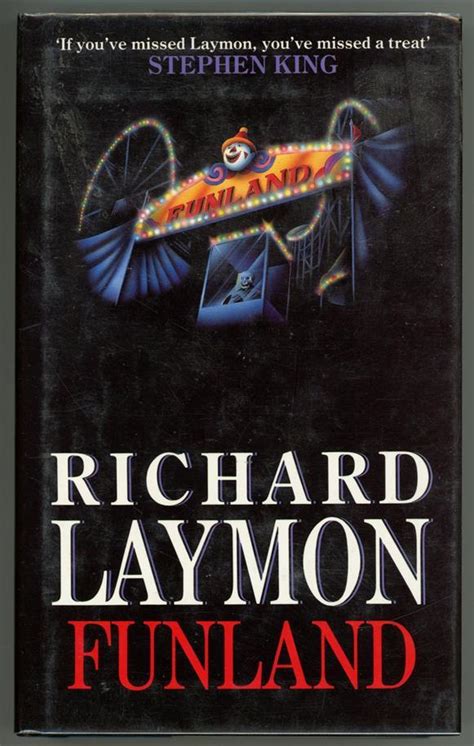A Quote by John Malkovich
I'm more likely to lose my temper on a film set than almost anywhere. Often the level of idiocy is so exalted that it's impossible to comprehend.
Related Quotes
A few of my books, over the years, have been optioned for film. The subject matter of my books, however, is not exactly conducive to Hollywood film treatment. If and when a 'big-budget' film is ever made based on one of my books, my fans and I will more than likely loathe it because it won't be true to its source. That's almost a given.
The film world is far more male-dominated. I mean, the numbers are staggering at the level of how many people on set there are, and almost all the trades in film, there's a lot more men. So I can see without anyone intending to be biased [that] we have kind of a collective choosing of men's stories and a collective of taking men's stories seriously.
It's difficult for me to really temper my personality, but I am trying to be a little more sensible about it. If I really lose my temper, I go to my room and scream and shout, but I try not to lose it on people any more. I've never said something mean just like that. I've only said things in retaliation.
So my antagonist said, "Is it impossible that there are flying saucers? Can you prove that it's impossible?" "No," I said, "I can't prove it's impossible. It's just very unlikely." At that he said, "You are very unscientific. If you can't prove it impossible then how can you say that it's unlikely?" But that is the way that is scientific. It is scientific only to say what is more likely and what less likely, and not to be proving all the time the possible and impossible.
Inclined to peace by his temper and situation, it was easy for [Augustus] to discover that Rome, in her present exalted situation, had much less to hope than to fear from the chance of arms; and that, in the prosecution of remote wars, the undertaking became every day more difficult, the event more doubtful, and the possession more precarious and less beneficial.
We're not really taught how to recreate constructively. We need to do more than find diversions; we need to restore and expand ourselves. Our idea of relaxing is all too often to plop down in front of the television set and let its pandering idiocy liquefy our brains. Shutting off the thought process is not rejuvenating; the mind is like a car battery - it recharges by running.
I believe that it would be almost impossible to find anywhere in America a black man who has lived further down in the mud of human society than I have; or a black man who has been any more ignorant than I have; or a black man who has suffered more anguish during his life than I have. But it is only after the deepest darkness that the greatest joy can come; it is only after slavery and prison that the sweetest appreciation of freedom can come.



































